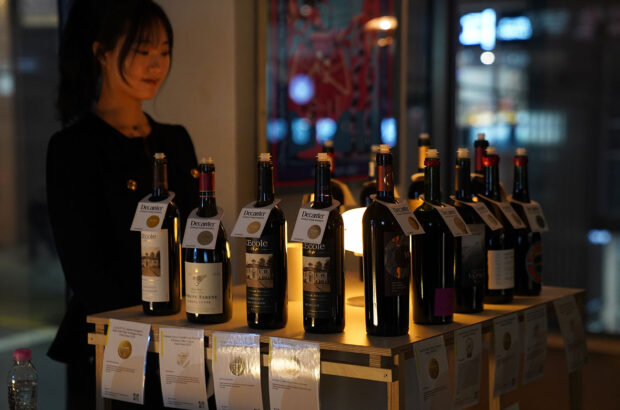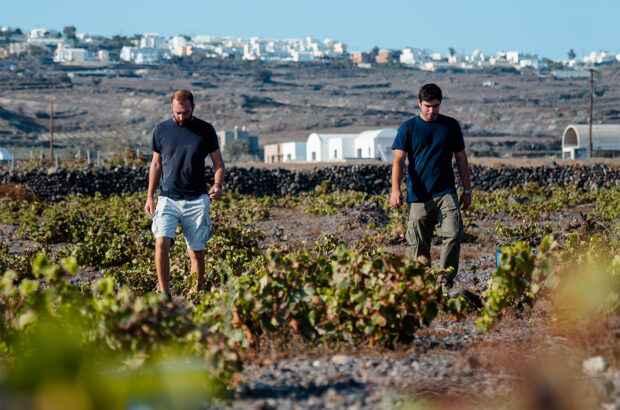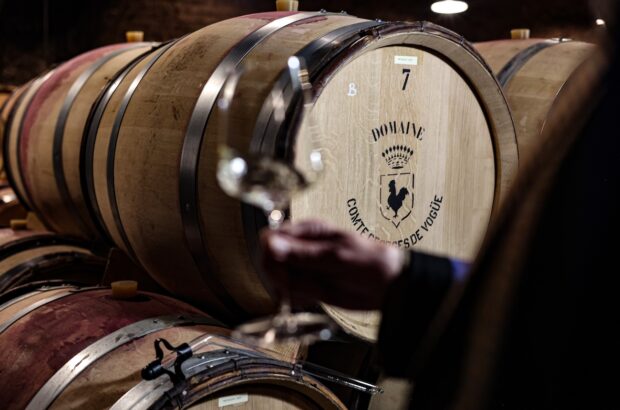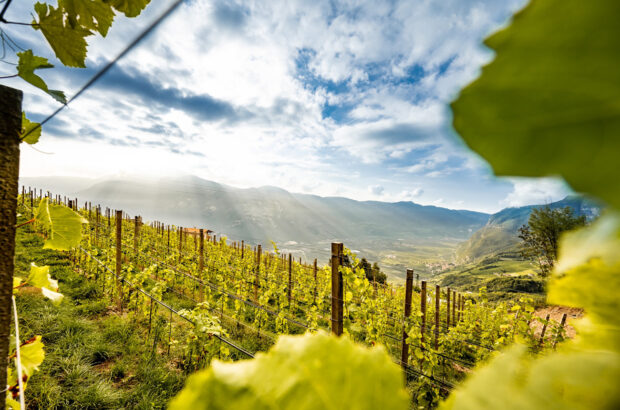‘Macerated’ is one of those winemaking words which you’re just as likely to see in a tasting note as you are on a back label or technical sheet.
As with many winemaking terms it has a number of meanings, and context is king when it comes to explaining just what the winemaker or reviewer means.
To start at the beginning – the beginning of the winemaking process that is – maceration often refers to the technique of cold-soaking unfermented grape juice in the crushed skins, seeds and stalks of the grape.
This maceration process helps to leach tannins, anthocyanins (responsible for colour) and flavour compounds from the crushed grapes and into the grape juice. While ‘stewing’ ahead of fermentation the juice takes on various characters which are deemed desirable by the winemaker.
Can all colours of wine be macerated?
In theory yes. Red wines are the most likely candidates as they benefit most from the colour and tannins extracted from the grape skins, seeds and stalks. White wines, by contrast, are pale in colour and almost exclusive of tannins because the juice has minimal skin contact.
Orange wines – white wines fermented on the skins – are macerated during fermentation, with some cold soaked pre-fermentation too. Rosé wines can be made by macerating red wine juice for a few hours/days to add colour and some tannin/red fruit character before ‘running off’ the pink juice and fermenting.
Not all red grapes benefit from maceration, however, so fermentation management is important and there are various techniques the winemaker can use to prevent over-extraction or to reach optimum extraction levels for the desired style.
Cap management and extended maceration
During red wine fermentation the skins and stalks form a ‘cap’ at the top of the tank which traps in the heat produced during fermentation, this needs to be managed to prevent the wine beneath heating up too much and taking on ‘cooked’ characters.
Winemakers can ‘punch down’ the cap to manage the heat, which also puts the skins and stalks back in contact with the wine and increases extraction of colour and phenolics. Another technique is to ‘pump over’ wine from the bottom of the tank to cool the cap and homogenise the temperature within the tank. This method results in less extraction than punching down and is beneficial for more delicate varieties.
Extended maceration refers to the practice of leaving red wine in contact with skins, stalks and seeds after fermentation has finished in order to optimise the flavour, colour and tannin structure of the wine.
Maceration ends once the skins, seeds, and stems have been removed from the juice, must or wine.
What about carbonic maceration?
Carbonic maceration is a form of whole bunch fermentation, when whole bunches of uncrushed grapes are used in fermentation of red wines. It is most commonly associated with the Gamay grape and Beaujolais wines, although not exclusively.
See also: What is carbonic maceration?
What does ‘macerated’ mean in a tasting note?
It may refer to one of the techniques outlined above, eg ‘the wine underwent extended maceration’, or it may refer to the more general use of the term and to describe a particular character. For example, ‘it’s a generous and elegant wine, full of spicy black fruit and macerated cherries. Textbook Rioja.’
Can drinks other than wine be macerated?
Oh yes. Spirits such as absinthe are made by macerating herbs in a base spirit, while Campari and crème de cassis also use maceration techniques in their production.







